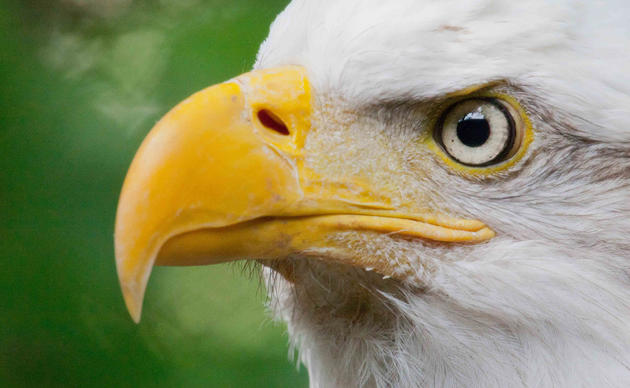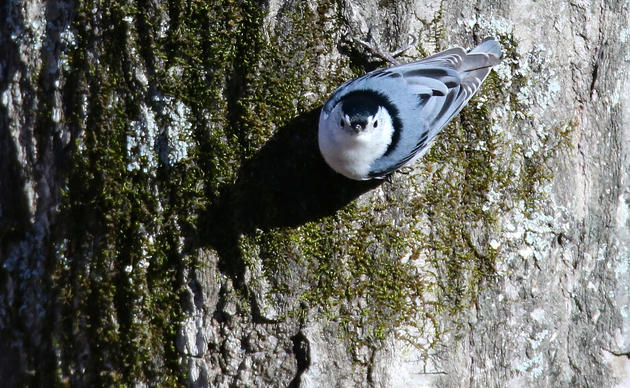Seattle, WA -- November 8, 2018 – Overpowered by a record-setting $31.5 million opposition campaign funded by out-of-state oil companies, I-1631, a ballot initiative that would have put a fee on carbon emissions, was defeated in the polls in Washington State.
“Record-breaking spending on deceptive campaign advertising won the day,” said Gail Gatton, executive director of Audubon Washington. “But we know the facts are on our side and that hope for a better future is a more powerful force than a paralyzing fear of change. We also know that a 100 percent clean energy future is not only possible, but also something that voters want and birds need. That’s why we are calling on elected officials to resist the fear-mongering and lobbying of the fossil fuel industry and put the state on a path to be fossil fuel free by mid-century.”
The National Audubon Society, Audubon Washington and 17 Audubon chapters from across the state endorsed I-1631 and actively campaigned in support of the measure. Audubon has consistently advocated for common-sense climate solutions that will help it achieve its goal of a 100% fossil fuel free future. Despite the defeat of I-1631, Audubon remains committed to ensuring that Washington State continues to be a leader in building a clean energy economy that protects birds and strengthens communities.
The responsibility is now on Washington State’s elected officials to recognize the urgency of the climate crisis and the opportunity presented by a clean energy transition. Audubon Washington and its 35,000 members will continue to lead climate efforts in the state by working with legislators to pass new laws that reduce carbon pollution and puts Washington State on a path to a 100% clean energy future.
According to Audubon’s peer reviewed research, climate change is the number one threat to North American birds. More than half of the bird species in North America stand to lose at least half of their current ranges by 2080 due to rising temperatures. To protect birds and people from the worst effects of climate change, The National Audubon Society is steadfastly committed to pragmatic solutions to the climate crisis.
Although I-1631 didn’t pass, the Yes campaign had an impressive showing in what proved to be an unequal political fight. The Yes on 1631 campaign raised the majority of their $15 million in funds through individual donors, with half of that total coming from contributions of $100 or less. On the other hand, 99.99% of the No on 1631 campaign’s record-breaking $31-million was sourced from 29, predominantly out-of-state, companies and non-profits representing the oil and gas industry, refineries, and manufacturing.
Established in 1981, Audubon Washington works statewide with its 25 independent chapters and 35,000 members on the conservation of the sagebrush shrub steppe ecosystem in Eastern Washington, protection of coastal estuaries, and actions that address climate change, the number one threat to birds today. Through the Seward Park Audubon Center, we provide science, nature and environmental education programs for youth and families. Learn more at http://wa.audubon.org/, @audubonWA.



